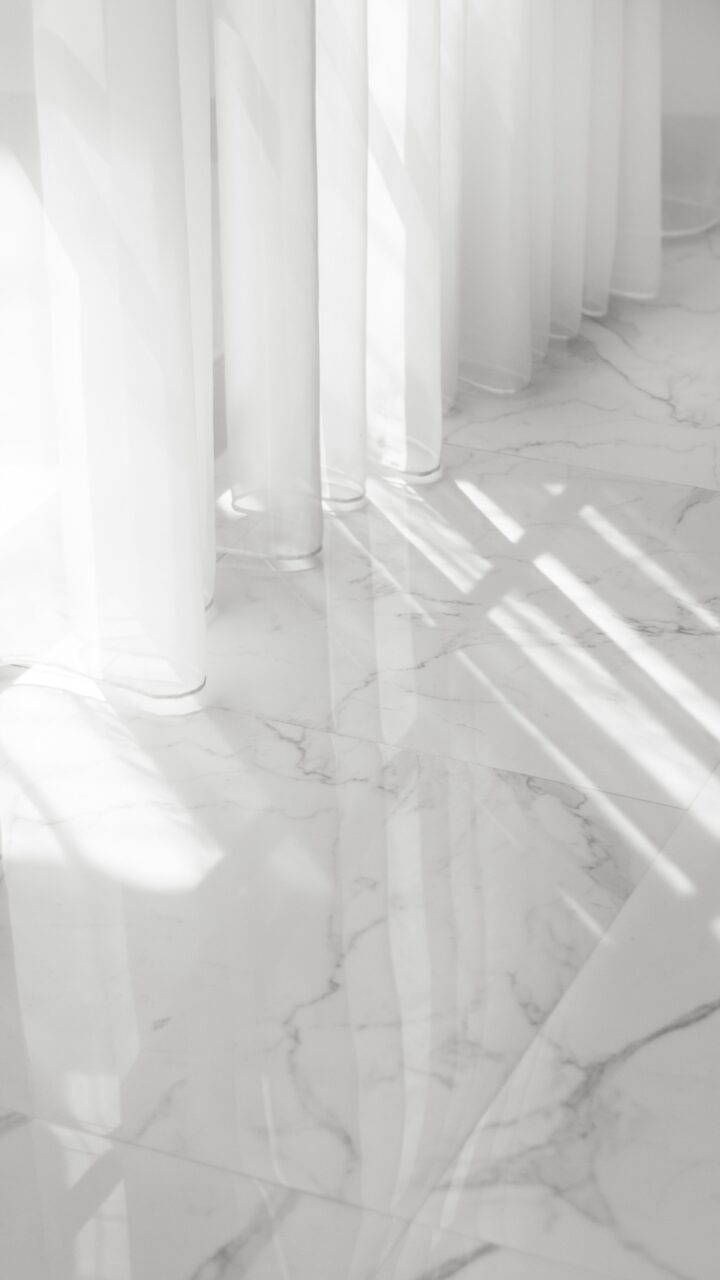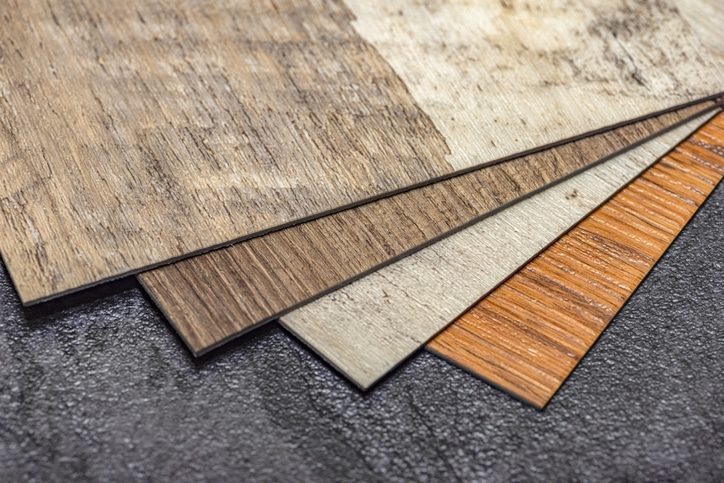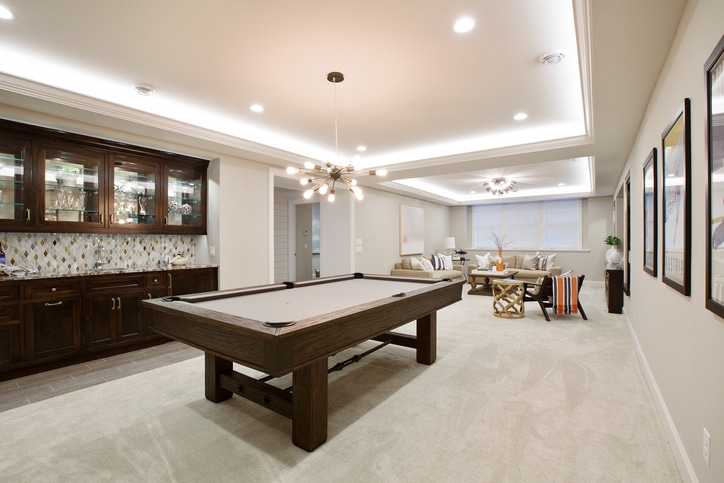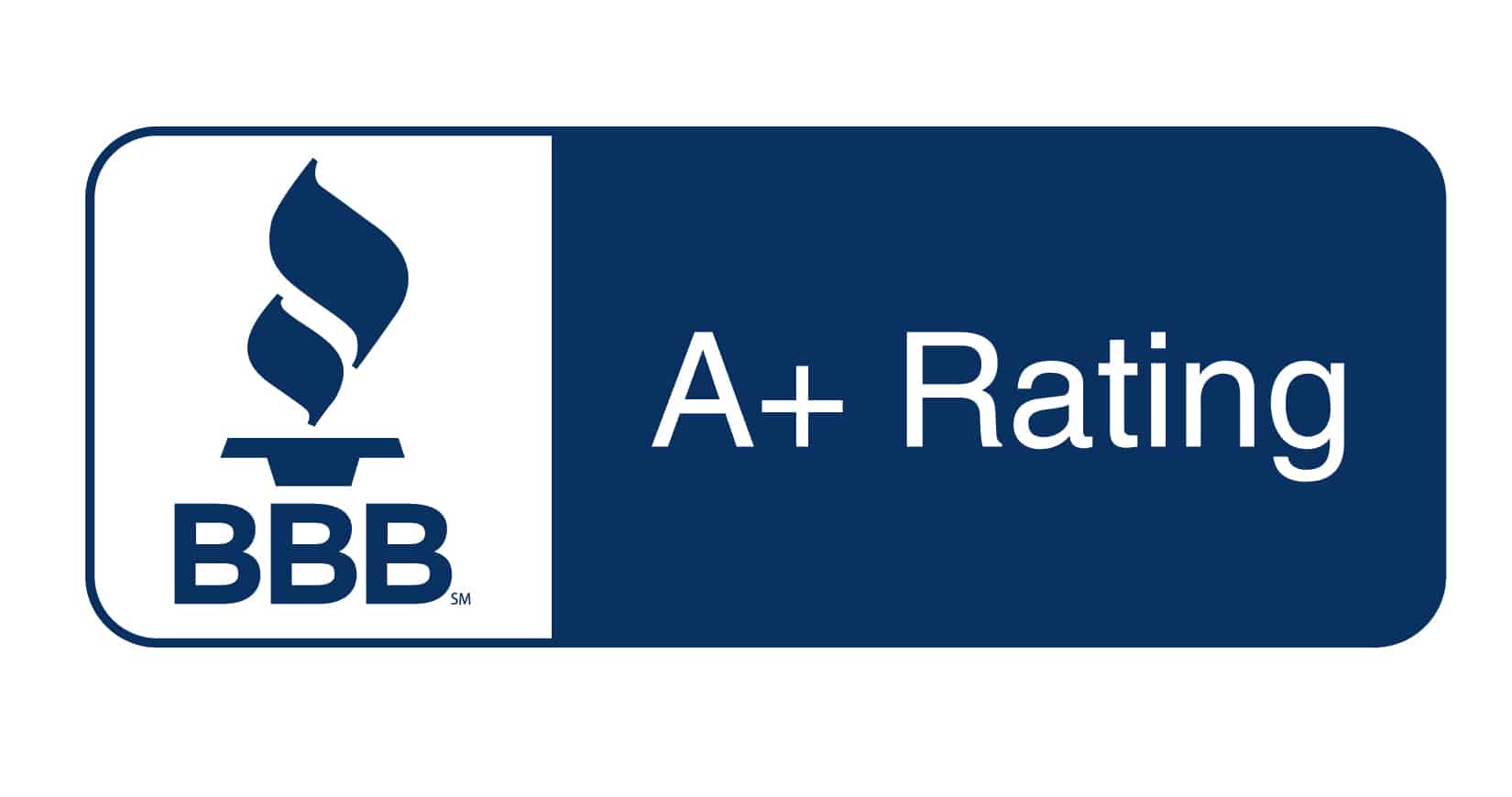Embarking on a basement remodel presents an exciting opportunity to transform an often-overlooked space into a functional and stylish area of your home. A critical aspect of this transformation is choosing the right flooring. The ideal basement flooring combines durability, moisture resistance, aesthetic appeal, and comfort. Let’s look at what you need to think about and some of the best flooring options out there.
Factors to Consider When Choosing Basement Flooring Materials
- Moisture Resistance: Basements are prone to humidity. We recommend opting for flooring that can handle potential moisture.
- Durability: If you’re going to use your basement a lot, like for workouts or as a playroom, get flooring that can take a beating.
- Comfort & Warmth: Given that basements are typically cooler, it’s best to select flooring that adds warmth and comfort underfoot.
- Ease of Maintenance: Ideally, you’ll want something that’s a breeze to keep clean.
- Aesthetic Appeal: Your flooring should complement your basement’s overall design and feel.
1. Concrete:
Concrete is a common material used in basement construction. In basement applications, concrete is typically used in one of two ways:
- As the Final Flooring Surface: Concrete can be treated, stained, or stamped to serve as the final floor. It’s incredibly durable and low-maintenance, with diverse customization options, and it can mimic the look of stone, brick, or other textures.
- As a Subfloor: More commonly, concrete acts as the subfloor onto which other flooring materials are installed. This includes options like carpet, hardwood, vinyl, and tile.
Concrete surfaces can be cold underfoot, but this is easily remedied by strategically placing area rugs, which can add warmth and style. It’s also important to note that concrete is a porous material that can be susceptible to moisture if not properly sealed every few years.
2. Porcelain & Ceramic Tile:

Both porcelain and ceramic tiles are great choices for basement flooring. Tiles are available in a wide range of styles and colors and require minimal maintenance. Tile can feel cold underfoot, but as with any cold surface, you can always add area rugs to create a warm surface where most needed.Here’s what to know when choosing between ceramic or porcelain tiles for basement flooring:
Porcelain Tile:
- Water-Resistant: Porcelain tiles are denser and less porous than ceramic tiles, enhancing their water resistance. This feature makes them an ideal choice for basements, where moisture can be a concern.
- Higher Quality and Cost: Although porcelain tiles come with a higher price tag, they are a higher quality option than ceramic. The additional expense is justified by their durability and long-lasting appearance, making them a smart investment for basement flooring.
Ceramic Tile:
- Cost-Effective: Ceramic tiles offer a more budget-friendly alternative to porcelain. They are suitable for homeowners who want the beautiful aesthetic of tile flooring without the higher cost associated with porcelain.
- Noticeable When Broken: One of the drawbacks of ceramic tiles is their visibility when damaged. If they break or crack, it can be quite noticeable.
- Color Longevity: Compared to porcelain tiles, ceramic tiles may not maintain their color as effectively over time, especially in high-traffic areas. This is an important consideration for long-term aesthetics in a basement setting.
3. Luxury Vinyl Flooring (LVP)

LVP is a popular choice for basements due to its water resistance and durability. It mimics the look of more expensive flooring like wood but at a fraction of the cost. It can withstand heavy traffic and offers a wide range of customization options to match almost any style.
Although LVP is cheap, it is difficult to repair if damaged and can be challenging to remove once installed. It also doesn’t quite match the luxurious feel of materials like porcelain. For this reason, it may not be the best choice if maximizing home resale value is one of your priorities or if you’re looking to maintain a premium feel over time.
Pros:
- Affordable.
- It’s a highly recommended option for basements because it’s waterproof.
- Wide range of styles and designs.
- Durable against cracks, water damage, and various types of structural damage.
Cons:
- Difficult to repair if damaged.
- It can be challenging to remove once installed.
- It may not add to home resale value.
4. Carpeting For a Cozy Feel

Carpeting is a popular choice for basements due to its warmth and comfort. It’s ideal for creating a cozy atmosphere, especially in a typically cooler basement setting. Here are some key considerations:
- Warmth: Carpeting provides insulation, making your basement warmer and more inviting.
- Variety of Styles: Available in numerous colors and textures, carpeting allows for significant customization to match your decor.
- Sound Dampening: It’s great for reducing noise, which is beneficial in a multi-use or entertainment space.
- Comfort: Offers a soft surface underfoot, ideal for play areas or a family room setting.
- More Maintenance: Requires regular vacuuming and occasional deep cleaning. Opt for moisture-resistant options to prevent mold and mildew.
Remember, while carpet adds comfort and warmth, it’s important to consider potential moisture issues in basements when choosing this option, as carpet flooring is vulnerable to moisture and mold.
5. Cork & Rubber Flooring for Basement Gyms
Cork and rubber flooring are excellent choices for basement gyms. Both cork and rubber are known for their resilience and ability to withstand heavy gym equipment and high-impact activities. This durability ensures your flooring remains in good condition, even under the stress of regular workouts. Basements can amplify sound, but cork and rubber are excellent for dampening noise. This quality is especially beneficial in a gym setting, where dropping weights and the movement of equipment can be loud.
Is Hardwood Flooring a Good Option For Basements?
Hardwood adds timeless elegance to any space, including basements. However, its use requires careful consideration due to moisture sensitivity. If you like the look of hardwood but are concerned about moisture, consider looking into the following alternatives:
- Wood-Look Porcelain Tiles: These tiles offer a luxurious feel and mimic hardwood while providing the moisture resistance of porcelain. They are an excellent choice for achieving a premium aesthetic without the worry of warping or water damage.
- Engineered Hardwood: Engineered hardwood is designed to mimic the appearance and feel of hardwood. It is more resistant to water damage and less prone to changes caused by humidity and temperature.
- Stained Concrete: For a unique approach, consider stained or stamped concrete designed to mimic the look of wood. While it won’t have the exact feel of wood underfoot, it’s a durable, moisture-resistant option that can visually replicate the look of hardwood.
Is Laminate Flooring a Good Option?
Basements are prone to moisture and humidity. While some laminate flooring is designed to be more resistant to moisture than traditional laminate, it’s not as impervious to moisture as other materials like vinyl or porcelain tile.
Conclusion
Choosing the right flooring for your basement is a decision that impacts not just the look and feel of the space but also its functionality and durability over time. While considering options like porcelain and ceramic tiles, luxury vinyl, carpet, or concrete, the importance of working with an experienced contractor cannot be overstated.
An experienced contractor brings invaluable expertise to your basement remodel. They can provide insights into the best flooring options based on your specific needs, local climate, and basement conditions. Furthermore, a professional ensures proper installation, which is crucial for longevity and performance, especially in a basement environment where issues like moisture can pose challenges.
Looking to remodel your basement in Ogden, Utah? Contact Big Yeti Builders today for a free estimate!






